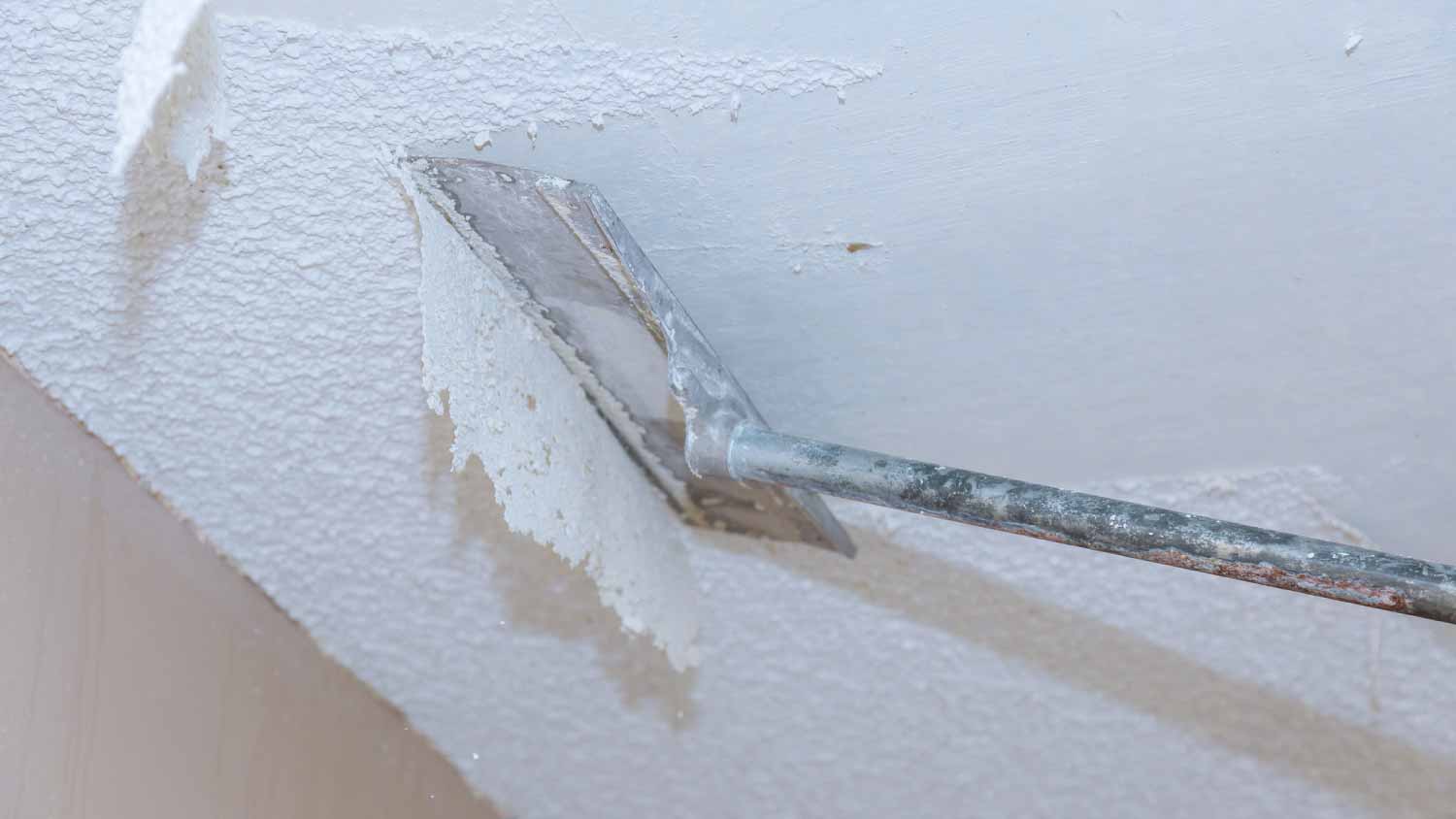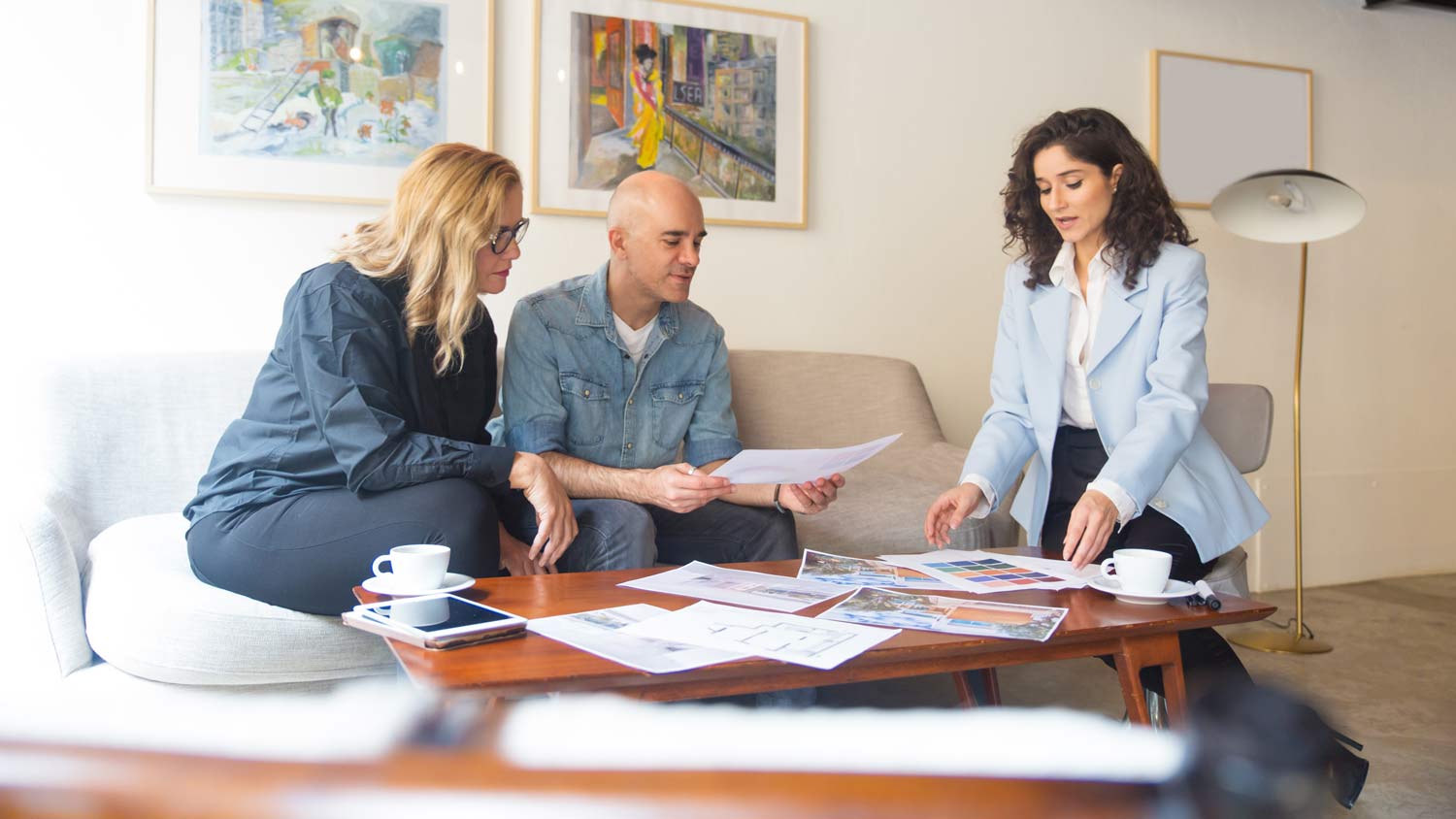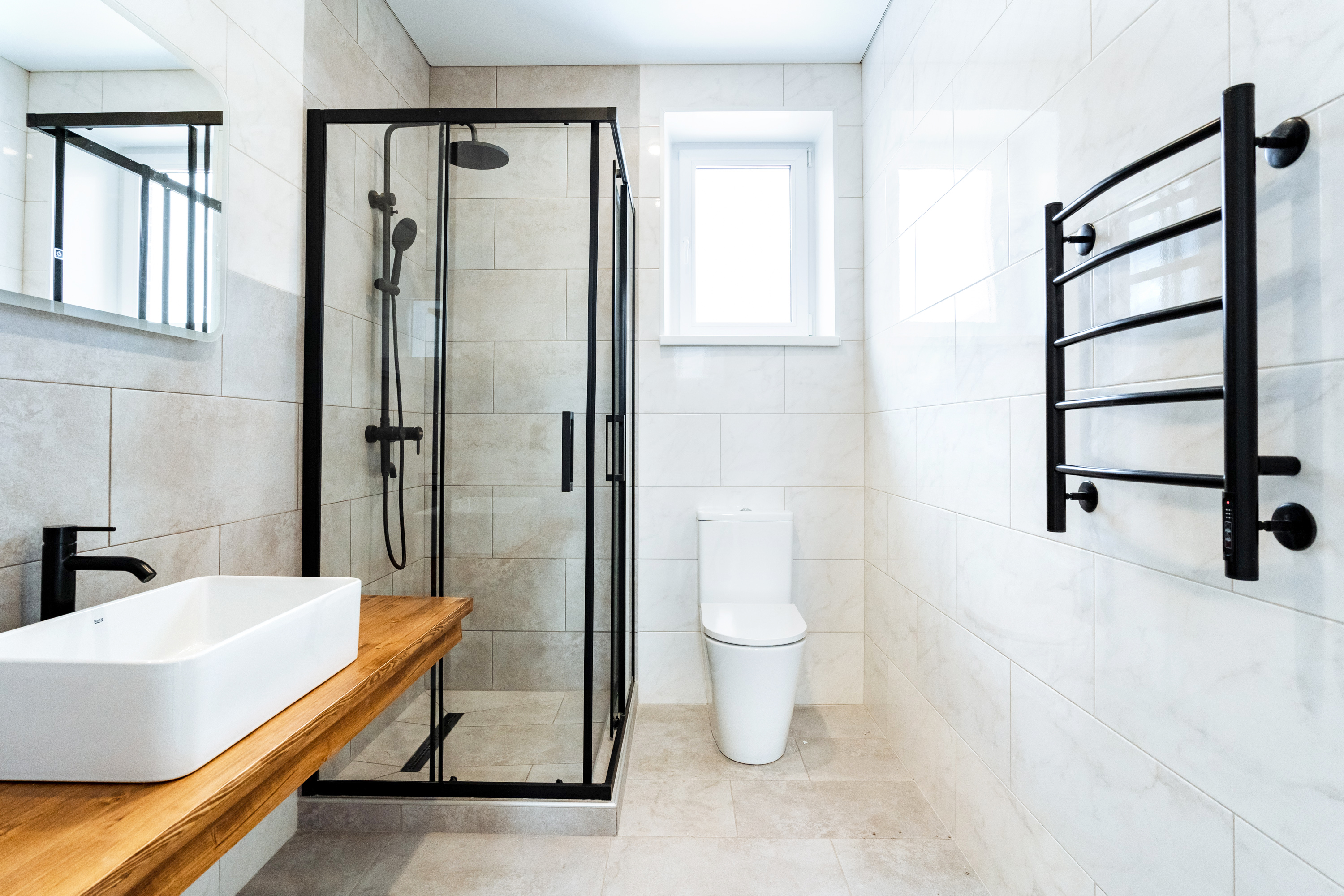
Wondering how much it costs to remove an acoustic ceiling? Get cost estimates, key factors, and expert tips to help you plan your ceiling update.
These expert tips will have you running the table in no time


Nothing brings families and neighbors together like a game room stacked with a legitimate pool table. However, pool tables are a significant investment, not just in the financial department but also in the “taking up a lot of space” department. You want to ensure you get the right table that fits seamlessly in your recreation room. Pool pros say the cue is an extension of your arm, but the table should be an extension of your home.
Pool tables are not just a focal point for family-friendly leisure, but they are also large pieces of furniture that seriously enhance your home’s aesthetics, provided you get the right one. Here are six things to do before committing to a pool table purchase.
Never buy a pool table or billiard table without measuring the room where you’ll put it first. Not only do these tables take up a lot of space on their own, but so do cues and the people playing the game. Take some time to measure your playing area carefully, taking note of the length and width of the room.
Regulation-size pool tables are around 8 feet long by 4 feet wide, though some tables are smaller or larger. Plan for 5 extra feet on each side of the table to account for maneuvering the cue stick. For example, an 8-foot-by-4-foot table needs a playing area that is 18 feet by 14 feet, or you’ll start poking holes in the wall (never fun).
As an aside, pool tables are heavy, weighing between 750 and 1,000 pounds, but can go in an attic or upstairs room if you have the space.
Ask yourself what skill level you want the pool table to accommodate: Is it just for fun with the kids, or are you longing for some professional-grade play? There are plenty of basic options out there that won’t break the bank, but these tables may wear out in a few years, forcing you to learn how to replace the felt or conduct other repair tasks.
Generally speaking, smaller tables are easier to play on, making for fun family time, but regulation-sized tables allow for a greater variety of game types. The best materials for competitive play tend to be solid wood frames, a slate playing surface, and rubber cushions, though experiences may vary. Finally, consider aesthetics. Pool tables run from standard to absolutely stunning, so take this into account when buying.
Slate: Slate sits under the fuzzy cloth on the top of your pool table and allows your ball to glide across the table. You can typically choose between one-piece or three-piece slate tables. Each has its pros and cons, so do your research to see which is best for your needs.
Legs: Like with many other pieces of furniture, you can choose from a variety of pool table legs, from the simple to the ornate. Usually the bigger and more stylized ones you choose, the more expensive they will be.
Frame: The size of your pool table and the material it’s made of can affect your cost. The bigger the pool table frame, typically the more expensive it will be.
Cloth: Most pool table cloth or felt is made from woolen cloth, but you can also buy tables with worsted tops. The latter tends to be more expensive but may last longer and give a better playing experience in some peoples’ opinions.
Cushions: These are not like your furniture cushions, as cushions refers to the bumpers on each side of the table. Your cushion felt will typically match the felt covering the rest of the table.
Accessories: You can purchase many different pool table accessories including covers, pool cues, rack sets, and more.

Pool table costs can vary wildly, depending on materials, size, and any aesthetic flourishes. Plan your budget ahead of time so you don’t end up with a stern look from family members when you bring home a $10,000 pool table.
To get you started, let’s go over some average prices. Budget tables are relatively inexpensive, ranging from $500 to $1,000. The particleboard surfaces on these tables may warp over time, and the legs could become wobbly, but they are still a great choice for some families, especially those who may not play very often. Medium-grade pool tables cost between $1,500 to $3,000. These full-featured tables derive from durable and long-lasting materials and are a good fit for any serious game room.
Finally, there are heirloom tables, coming in at $2,500 to $15,000. These pool tables spare no expense, with customization options available to suit the aesthetic needs of any room. Heirloom pool tables are multi-lifetime investments, as they’ll be around for your great-grandchildren and beyond.
A pool table is a highly specialized item, so take some time to discuss the finer construction points with a knowledgeable salesperson. Sporting good stores and department stores sell pool tables, but it is unlikely you’ll find someone with industry experience. A better option? Head to a specialty store, such as a hobby store or leisure store, that excels with rec room furnishings. While you are there, play different tables, ask plenty of questions, and perform thorough inspections.
Here are some questions to get you started.
What materials is the table made of? Hardwood is the gold standard for frames, and slate is the best option for the playing surface. These materials cost more, though.
What cleaning supplies will I need? A pool table needs regular cleaning and maintenance. Find out the approved cleaning routine for your table, including the appropriate cleaning solutions.
Are there associated costs? You may know how much the pool table will cost, but there are also ancillary costs to consider, such as installation, setup, and necessary accessories like cues, racking triangles, cleaning cloth, a table cover, a cue rack, and even chalk.
As previously mentioned, pool tables weigh 750 to 1,000 pounds or even more in some cases. If your budget allows for it, consider hiring a local pro to assemble the pool table and movers near you to bring in the components to the right room. The cost to move a pool table is $550 on average. Not only are pool tables finicky to put together, but poor construction can result in wobbly legs, a not-so-sturdy frame, and an overall poor gameplay experience, so you’ll want to make sure you do it right. If you’re looking for a DIY option, have plenty of friends or family members available for delivery and unboxing.
Even a mid-grade pool table costs $2,000 or more. Protect your investment by purchasing a warranty to go along with the table. Most tables come with a limited warranty covering simple repair jobs and basic maintenance tasks for a couple of years, but if you plan to have that table for more than just a few years, an extended warranty is a good idea. Also, some of the companies that manufacture luxury tables made from real hardwood, slate, and rubber offer lifetime warranties with each purchase. Do your research ahead of time.
From average costs to expert advice, get all the answers you need to get your job done.

Wondering how much it costs to remove an acoustic ceiling? Get cost estimates, key factors, and expert tips to help you plan your ceiling update.

Discover average bedroom addition costs, including cost factors, labor rates, and tips to help you budget for your new bedroom addition project.

How much does an interior designer cost? Discover average prices, cost factors, and tips to help you budget for your next home design project.

Create a stunning and functional home or remodel with an interior designer. Follow these common interior design questions to prepare for working with a pro.

Discover the cost to design a bathroom, including key price factors, to help you plan your remodel with confidence and avoid budget surprises.

If you’re getting ready to install some trim or molding inside your home, here are some of the questions you should expect to discuss with a pro.